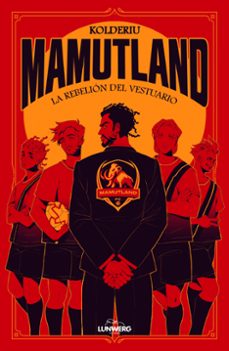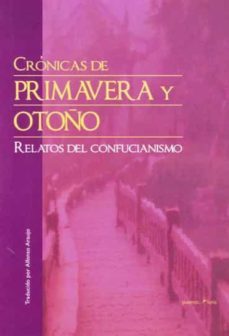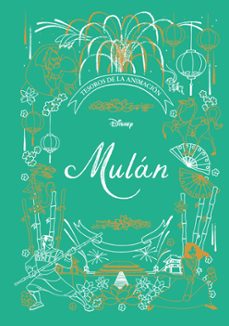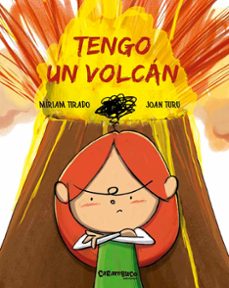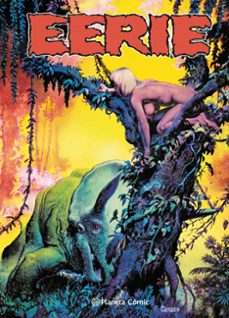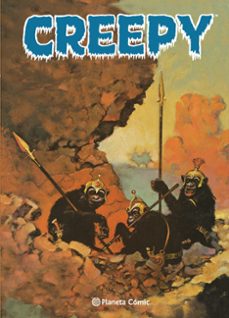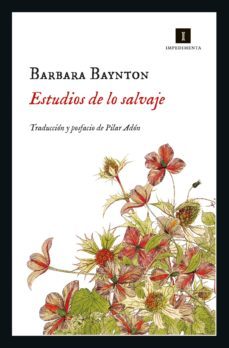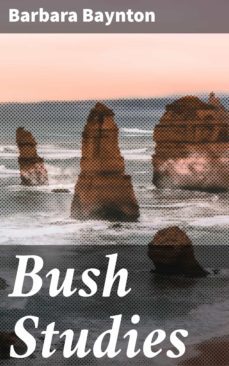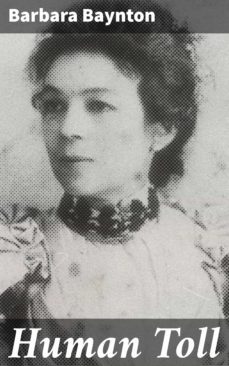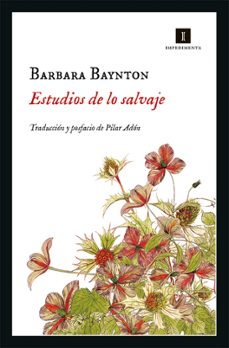Imprescindibles
Ficción
No Ficción
Ciencias y tecnología Biología Ciencias Ciencias naturales Divulgación científica Informática Ingeniería Matemáticas Medicina Salud y dietas Filología Biblioteconomía Estudios filológicos Estudios lingüísticos Estudios literarios Historia y crítica de la Literatura
Humanidades Autoayuda y espiritualidad Ciencias humanas Derecho Economía y Empresa Psicología y Pedagogía Filosofía Sociología Historia Arqueología Biografías Historia de España Historia Universal Historia por países
Infantil
Juvenil
#Jóvenes lectores Narrativa juvenil Clásicos adaptados Libros Wattpad Libros Booktok Libros de influencers Libros de Youtubers Libros Spicy Juveniles Libros LGTBIQ+ Temas sociales Libros ciencia ficción Libros de acción y aventura Cómic y manga juvenil Cómic juvenil Manga Shonen Manga Shojo Autores destacados Jennifer L. Armentrout Eloy Moreno Nerea Llanes Hannah Nicole Maehrer
Libros de fantasía Cozy Fantasy Dark academia Hadas y Fae Romantasy Royal Fantasy Urban Fantasy Vampiros y hombres lobo Otros Misterio y terror Cozy mistery Policiaca Spooky Terror Thriller y suspense Otros
Libros románticos y de amor Dark Romance Clean Romance Cowboy Romance Mafia y amor Romance dramatico Romcom libros Sport Romance Otros Clichés Enemies to Lovers Friends to Lovers Hermanastros Slow Burn Fake Dating Triángulo amoroso
Cómic y manga
Novela gráfica Novela gráfica americana Novela gráfica europea Novela gráfica de otros países Personajes, series y sagas Series y sagas Star Wars Superhéroes Cómics DC Cómics Marvel Cómics otros superhéroes Cómics Valiant
eBooks
Literatura Contemporánea Narrativa fantástica Novela de ciencia ficción Novela de terror Novela histórica Novela negra Novela romántica y erótica Juvenil Más de 13 años Más de 15 años Infantil eBooks infantiles
Humanidades Autoayuda y espiritualidad Ciencias humanas Economía y Empresa Psicología y Pedagogía Filosofía Historia Historia de España Historia Universal Arte Cine Música Historia del arte
Ciencia y tecnología Ciencias naturales Divulgación científica Medicina Salud y dietas Filología Estudios lingüísticos Estudios literarios Historia y crítica de la Literatura Estilo de vida Cocina Guías de viaje Ocio y deportes
Barbara Baynton
Recibe novedades de BARBARA BAYNTON directamente en tu email
Filtros
Del 1 al 5 de 5
IMPEDIMENTA 9788417115982
Una mujer embarazada baja de un tren en una estación desierta para recorrer un camino inhóspito y salvaje. Una colona se enfrenta a la soledad de su cabaña después de talar un árbol y ser derribada por una de las ramas, que la deja inmovilizada. Otra mujer ha de abandonar su casa para defenderse del ataque de un hombre, y huye con su hijo atado al pecho. Los relatos de Barbara Baynton situan a sus protagonistas en el paisaje indomito de las regiones australianas del interior, lejos de las ciudades, y las somete al aislamiento y los rigores de un entorno feroz que las obliga a luchar por su propia supervivencia dia tras dia. No hay ayuda ni compasion en la naturaleza inexplorada a la que llegan los personajes de Baynton. Sus unicos recursos son el de la resistencia, la obstinacion y la ira.
Ver más
eBook
Good Press 4066338067111
In "Bush Studies," Barbara Baynton delves into the intricacies of life in the Australian bush, blending elements of realism with a raw, evocative narrative style. This collection of short stories explores the harsh realities faced by bushwomen, illuminating their struggles against isolation, societal expectations, and the oppressive nature of frontier life. Bayntons skillful use of vivid imagery and lyrical prose not only paints a portrait of the Australian landscape but also critiques the gender norms of her time, positioning her work within the broader context of feminist literature in the early 20th century. Barbara Baynton, an influential yet often overlooked figure in Australian literature, was born in 1857 and experienced the challenges of bush life firsthand. Her upbringing in a remote setting, coupled with her keen observations of female resilience and vulnerability, informed her writing. Bayntons personal experiences as a wife, mother, and writer allowed her to authentically depict the complexities of womens lives in the bush, contributing significantly to the literary canon of Australia. This compelling collection is recommended for readers interested in Australian literature, feminist narratives, and themes of resilience. Bayntons incisive storytelling and poignant character studies offer a profound commentary on the human condition, making "Bush Studies" a must-read for anyone seeking to understand the nuanced interplay of nature and nurture.
Ver más
eBook
Good Press 4066338067159
In "Human Toll," Barbara Baynton compels readers to confront the harsh realities of life in rural Australia during the late 19th century. Through haunting prose and vivid imagery, she explores themes of isolation, resilience, and the struggles of women in a patriarchal society. BayntonAos writing is marked by a stark realism that juxtaposes the idyllic natural landscape against the brutality of human existence. Her short stories, suffused with an undercurrent of feminism, reflect the prevailing mood of her era, challenging contemporary notions of both gender and place in a colonial context. Barbara Baynton, an influential yet often overlooked figure of Australian literature, drew heavily from her own experiences as a woman living in the bush, informally challenging societal norms. Having faced the complexities of country life and the constraints of gender expectations, BayntonAos personal narrative imbues her work with authenticity and emotional depth. She presents a candid examination of the human condition, frequently echoing themes of survival amidst the trials of nature and society. "Human Toll" is a vital read for anyone interested in Australian literature or feminist narratives. BayntonAos compelling stories resonate with modern readers, urging them to reflect on the historical challenges women have faced. This collection is not just a glimpse into the past, but a powerful meditation on the human spirit, making it an essential addition to the literary canon.
Ver más
eBook
DigiCat 8596547408192
Barbara Bayntons "Bush Studies" is a seminal collection of short stories that offers a stark portrayal of life in the Australian bush during the late 19th century. Written with a raw and unflinching literary style, Bayntons narratives challenge the romantic notions often associated with rural Australia. Her vivid descriptions and masterful command of language transport readers into a world marked by hardship, resilience, and the complex interplay of gender and landscape. The stories explore themes of isolation, survival, and the often brutal realities faced by women, positioning them within the broader literary context of Australian realism and feminist literature. Barbara Baynton, an influential yet frequently overlooked figure in Australian literature, was born in 1857 and spent her formative years in a remote rural environment. This personal background informed her writing, as she drew inspiration from her own experiences of the harsh and unforgiving bush life. Bayntons unique perspective as a woman navigating a male-dominated landscape empowers her storytelling, allowing her to convey the emotional and physical struggles of her characters with authenticity and depth. "Bush Studies" is essential reading for those interested in the intersections of gender, geography, and societal expectations. Bayntons powerful prose and poignant insights invite readers to reconsider the narratives surrounding womens experiences in the Australian bush, making this collection not only a significant literary work but also a crucial commentary on historical and social issues that resonate to this day.
Ver más
eBook
IMPEDIMENTA 9788417115937
Una joven embarazada baja de un tren en una estación desierta para recorrer un camino inhóspito y salvaje. Una mujer se enfrenta a la soledad de su cabaña después de talar un árbol y ser derribada por una de las ramas, que la deja inmovilizada. Una madre ha de abandonar su casa para defenderse del ataque de un hombre, y huye con su hijo atado al pecho. Los relatos de Barbara Baynton situan a sus protagonistas en el paisaje indomito de las regiones australianas del interior, lejos de las ciudades, y las somete al aislamiento y los rigores de un entorno feroz que las obliga a luchar por su propia supervivencia dia tras dia, con la unica compañia de sus perros. No hay ayuda, no hay miradas afables ni compasion en la naturaleza inexplorada a la que llegan los personajes de Baynton. Su unico recurso es el de la resistencia, la obstinacion e incluso la ira.Barbara Baynton, una de las grandes pioneras de la literatura australiana y una de sus voces mas destacadas y personales, muestra en estos relatos lo macabro y lo terrible de la vida aislada en un espacio que no hace concesiones.
Ver más
Tapa dura
Del 1 al 5 de 5

